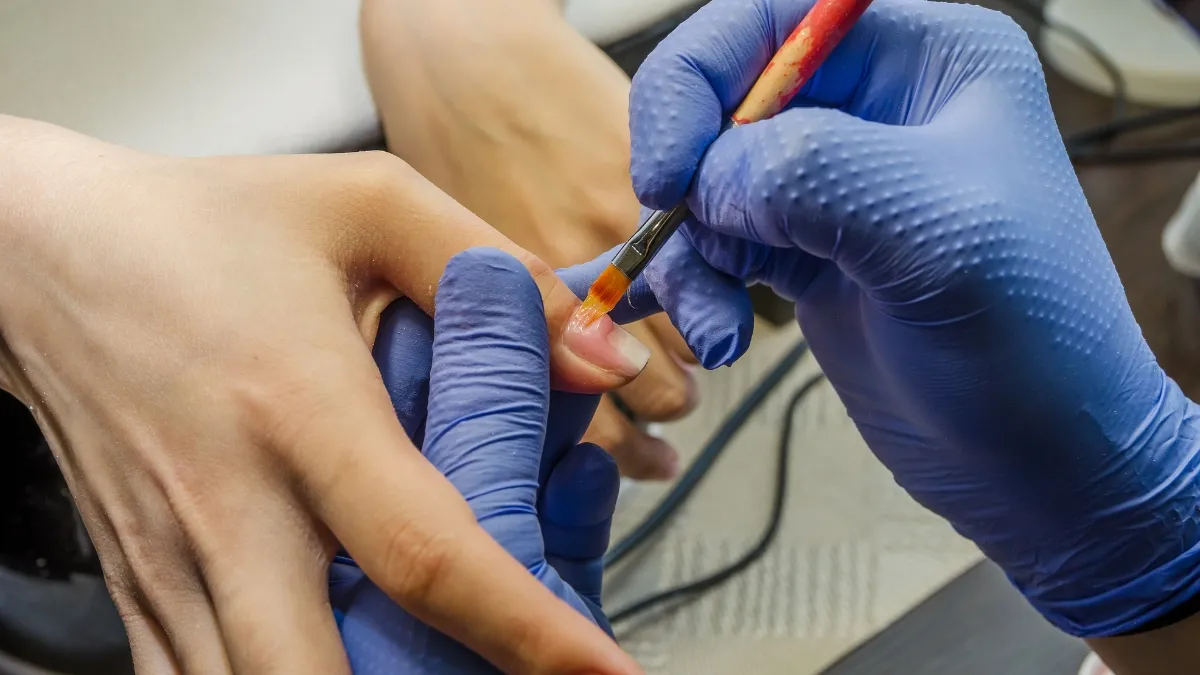Nail surgery is a medical procedure designed to treat various nail-related issues that do not respond to traditional treatments. This surgical approach is often recommended for conditions like ingrown nails, nail infections, nail deformities, or trauma-induced nail damage. With advancements in surgical techniques, nail surgery can offer a permanent solution to these issues, improving both function and aesthetics of the affected area.
Whether you are dealing with chronic pain from an ingrown toenail or a nail that has been deformed due to injury, nail surgery can significantly improve your quality of life. The surgery is typically minimally invasive and can be performed under local anesthesia, allowing for quicker recovery times.
Types of Nail Surgery
Several types of nail surgery are performed based on the condition being treated. These may include:
- Ingrown Nail Surgery: Involves the removal of part of the nail that has grown into the surrounding skin, causing pain and infection.
- Nail Matrixectomy: A procedure to remove the nail matrix (the tissue that generates the nail) to prevent the nail from growing back. This is often done in cases of recurrent ingrown nails or severe nail deformities.
- Nail Biopsy: Performed when there is suspicion of a nail disorder or skin cancer. A sample of the nail tissue is removed for further examination.
- Nail Trauma Repair: When a nail is severely damaged due to trauma (such as crushing or tearing), surgical repair can help restore the nail to its normal position or promote healing.
Preoperative Phase
Before undergoing nail surgery, a thorough consultation with the surgeon is essential. During this phase:
- The surgeon will examine your nail condition, medical history, and any underlying health concerns.
- Depending on the complexity of the case, imaging tests or a biopsy may be required to determine the severity of the issue.
- You will be advised to avoid certain medications, like blood thinners, to reduce the risk of bleeding.
- Instructions regarding fasting before surgery (if necessary) will also be provided.
The Surgical Procedure
The nail surgery procedure is relatively straightforward and can often be done in a clinic setting with local anesthesia. Here is an overview of the typical steps:
- Anesthesia: Local anesthesia will be administered to numb the area around the nail.
- Surgical Process: The surgeon will remove the damaged portion of the nail or perform the necessary corrective procedure based on the diagnosis. For more complex cases, a portion of the nail matrix may be removed to prevent further growth of the nail.
- Wound Care: The surgical site will be cleaned, and a sterile dressing will be applied to protect it from infection.
Postoperative Care
Following nail surgery, proper care is crucial for a successful recovery. Here are some key points:
- Pain Management: Mild pain and swelling are common after surgery. Over-the-counter pain relievers and anti-inflammatory medications can help alleviate discomfort.
- Wound Care: Keeping the surgical site clean and dry is essential. You may be instructed to change the dressing regularly and keep an eye on any signs of infection, such as redness or discharge.
- Follow-Up Appointments: It’s important to attend follow-up visits to monitor the healing progress. The surgeon will assess whether the nail is healing properly and if further treatment is necessary.
- Activity Restrictions: You may need to avoid certain activities, such as heavy physical exertion or immersion in water (e.g., swimming), during the initial recovery period.
Why Choose Ray and Rio Speciality Clinic?
- Experienced Specialist: Dr. Annie Flora brings years of expertise in her field, offering top-quality care to patients.
- Personalized Treatment Plans: Each patient receives a tailored approach to meet their unique health needs.
- State-of-the-Art Facility: The clinic is equipped with the latest technology for accurate diagnosis and effective treatment.
- Compassionate Care: Dr. Flora ensures a comfortable and supportive environment for all her patients.
- Positive Patient Outcomes: Proven track record of successful treatments and patient satisfaction.
Choose Dr. Annie Flora for exceptional care and a healthier future.

